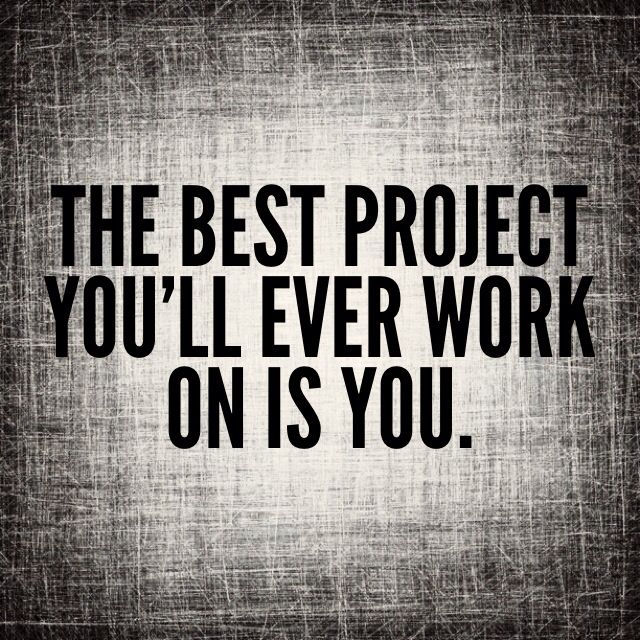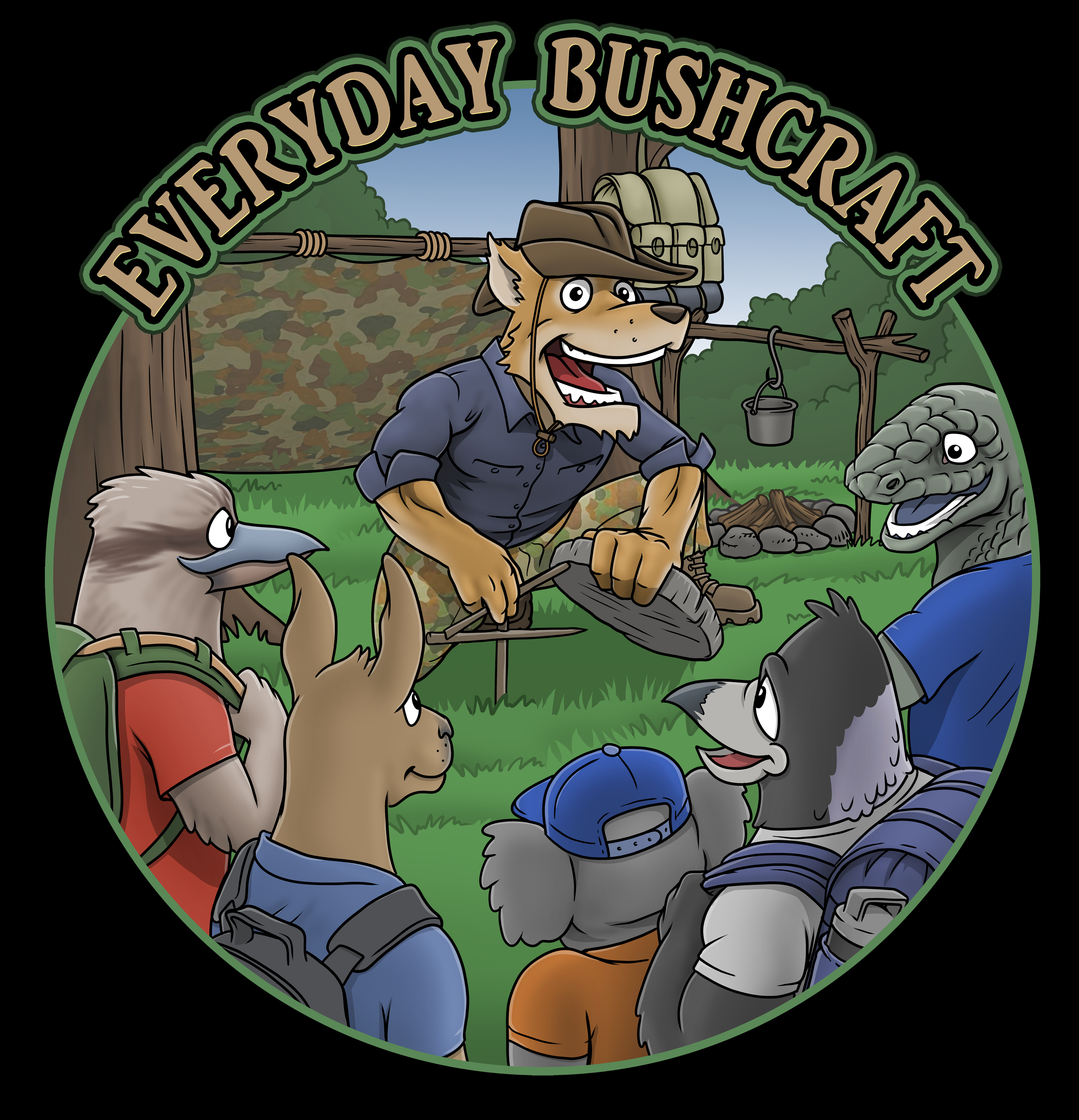
Your life is your greatest project
- gbucknell

- Oct 10, 2024
- 4 min read
Using PMBOK to Steer Your Life Project to Success
Project management is not just for businesses; it can be a valuable framework for navigating our personal lives. The Project Management Body of Knowledge (PMBOK) is a globally recognized standard for managing projects effectively, offering tools and techniques that can be applied to personal development and life planning.
By treating our lives as a series of interconnected projects, we can apply the principles of PMBOK to help steer our “life project” toward success.
Let’s explore how key elements of PMBOK can translate into effective life management strategies.
1. Initiating: Define Your Life Project
Every project begins with an initiation phase, where we define the project’s purpose and establish its objectives. In life, this can be likened to setting clear personal goals. This phase asks critical questions:
• What do I want to achieve in my life?
• What does success look like to me?
Tools like a Personal Mission Statement or a Vision Board can help clarify these goals, much like a project charter does for formal projects. By aligning our efforts with a clearly defined mission, we ensure that every action serves our larger purpose.
2. Planning: Charting Your Course
In project management, the planning phase is about outlining the steps required to meet project goals, identifying risks, and allocating resources. Similarly, in life, we need to create a life plan with defined timelines, milestones, and actionable steps to achieve our personal goals.
Key tools and techniques include:
• Work Breakdown Structure (WBS): Break down life goals into smaller, manageable tasks. If your goal is to get fit, your WBS might include sub-goals like diet planning, workout routines, and progress tracking.
• SMART Goals: Ensure your goals are Specific, Measurable, Achievable, Relevant, and Time-bound.
• Risk Management Plan: Identify risks that could derail your progress, whether they are personal challenges or external factors. Then, define mitigation strategies to address these risks.
By creating a detailed plan, you give structure to your efforts, helping you stay focused and organized.
3. Executing: Taking Action
In project management, the execution phase is where the work happens. It’s about implementing the plan, managing teams, and ensuring that progress is made toward the objectives. In life, this phase is about taking consistent action toward your goals.
Tools for success in this phase include:
• Time Management: Use time-blocking techniques or project management tools like Trello or Asana to manage your daily tasks and long-term goals.
• Resource Management: Just like in projects, where resources must be used wisely, in life, you must manage your time, energy, finances, and skills efficiently. Regularly assess where you are investing your resources to ensure alignment with your life plan.
• Communication: In life, this can mean self-talk or the way you communicate with others about your goals. Positive self-talk and clear communication with friends and family about your objectives can support your progress.
4. Monitoring and Controlling: Tracking Progress
In the world of project management, ongoing monitoring ensures that projects stay on track. In life, regular self-reflection serves this purpose. It’s essential to measure your progress, adapt to changes, and adjust your course when necessary.
Tools for monitoring include:
• Key Performance Indicators (KPIs): Create personal KPIs that measure success in key areas of your life (health, career, relationships, etc.). These could be as simple as tracking your fitness levels, job milestones, or time spent with loved ones.
• Earned Value Management (EVM): In life, this can be seen as measuring the value you’re getting out of the work you’re putting in. Are you seeing the progress you hoped for? If not, what adjustments need to be made?
• Mindfulness & Journaling: Just like project managers track project progress, journaling or practicing mindfulness can help you keep track of personal growth, assess your emotional and mental well-being, and identify any gaps between your plans and actions.
5. Closing: Reflect and Celebrate
Projects must be formally closed to ensure that all objectives have been met and to celebrate successes. In life, this means regularly celebrating milestones and reflecting on lessons learned. The closing phase is an opportunity to assess:
• What did I accomplish?
• What challenges did I overcome?
• How can I apply these lessons to future goals?
It’s essential to take time to acknowledge your achievements, no matter how small, and incorporate the lessons from your journey into future planning.
6. The Project Life Cycle: Life as an Iterative Process
Life is not linear, and neither are projects. PMBOK emphasizes the iterative nature of project management, where planning, execution, and monitoring happen in cycles. Similarly, life is full of evolving goals, new opportunities, and unexpected changes. It’s important to remain flexible, allowing your life plan to evolve over time while keeping your overarching purpose in mind.
Tools that support this iterative process include:
• Agile Thinking: Agile methods, such as reviewing and adjusting on a regular basis, help us stay adaptable in the face of change. Regularly reviewing and updating your life goals ensures that you are responding to new circumstances or personal growth.
• Continuous Improvement (Kaizen): This concept, often used in project management to incrementally improve processes, can be applied to your personal life. Seek out small, everyday improvements that build toward larger successes.
Final Thoughts: Your Life as a Masterpiece in Progress
Just like any project, success in life depends on planning, execution, and continuous improvement. PMBOK offers a structured yet flexible framework to help you navigate your journey with intention and precision. By applying these project management techniques to your personal goals, you can steer your life project toward success, with greater focus, resilience, and a sense of accomplishment.
In the end, life is your most important project. With the right tools and mindset, you can create a life that aligns with your values and aspirations—a life where each phase brings you closer to your own definition of success.









Comments